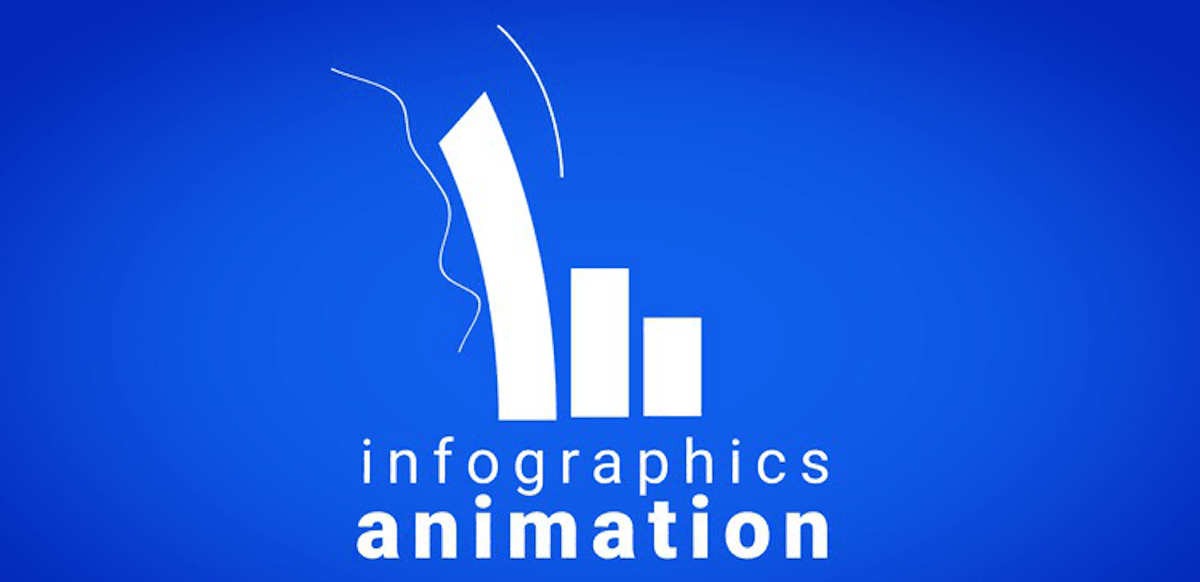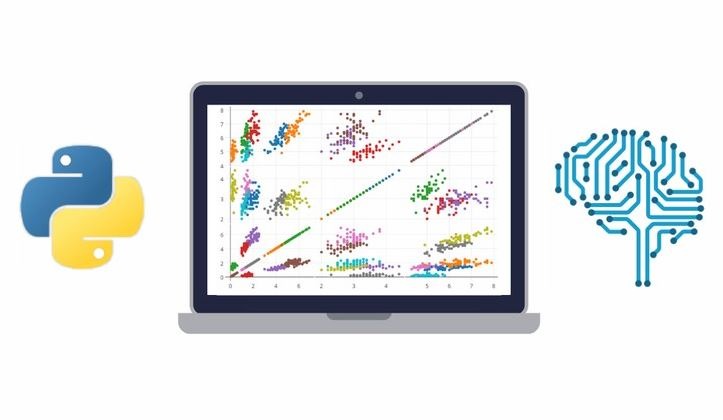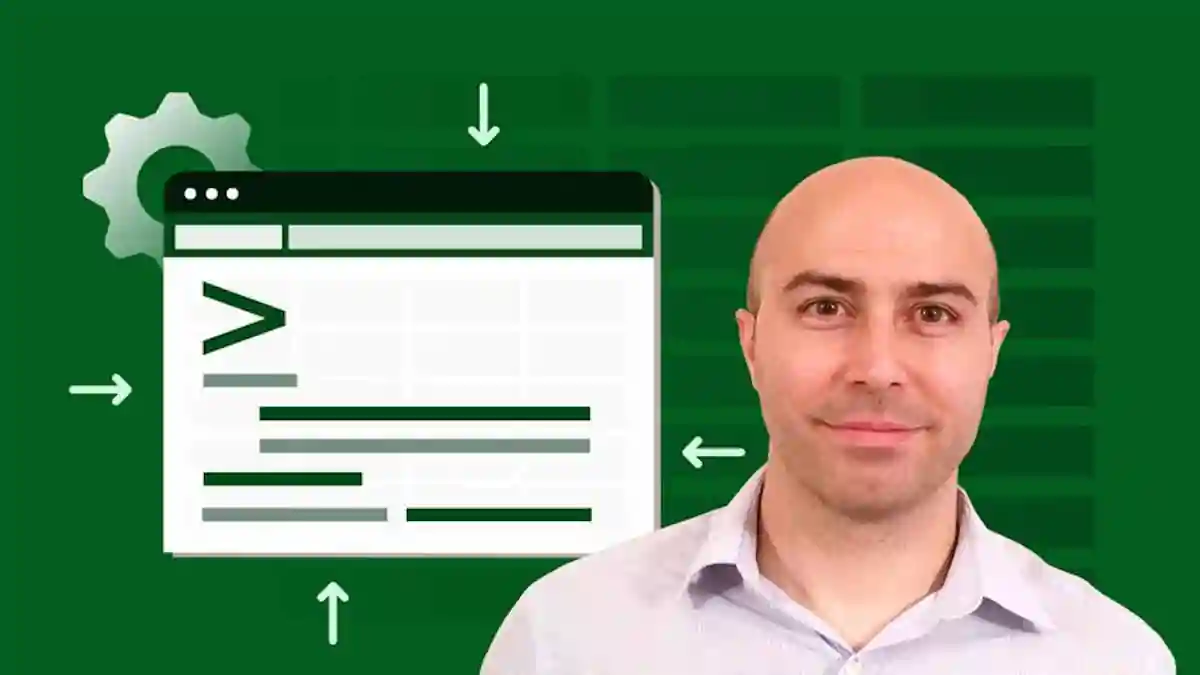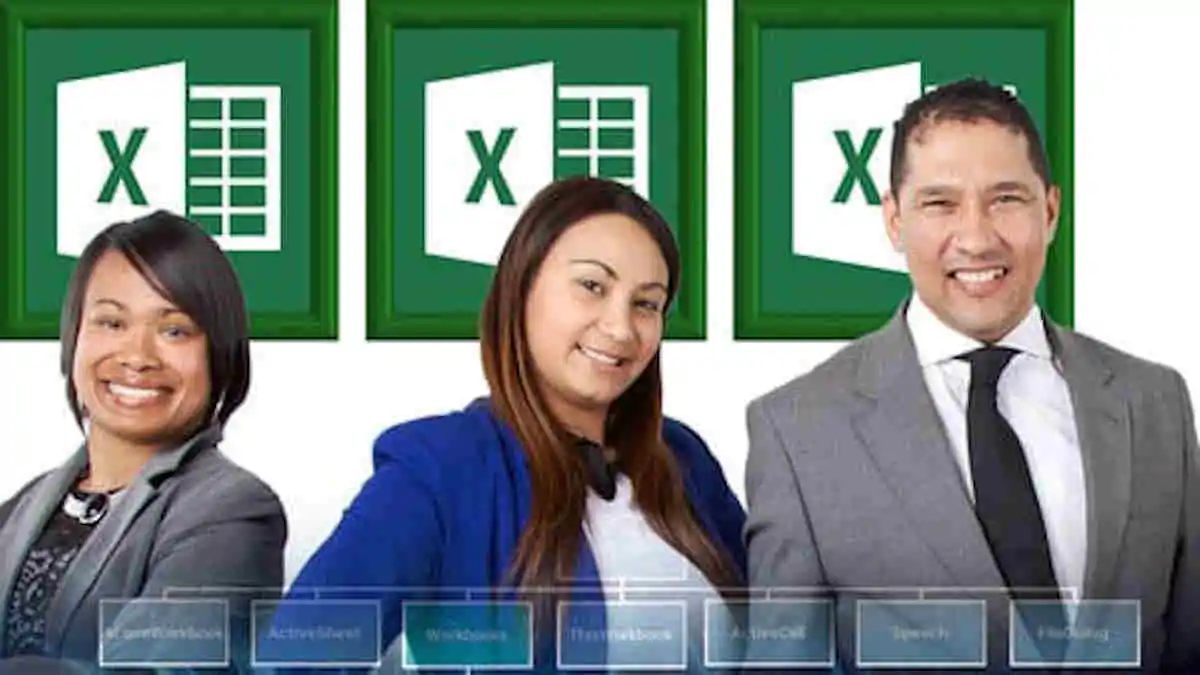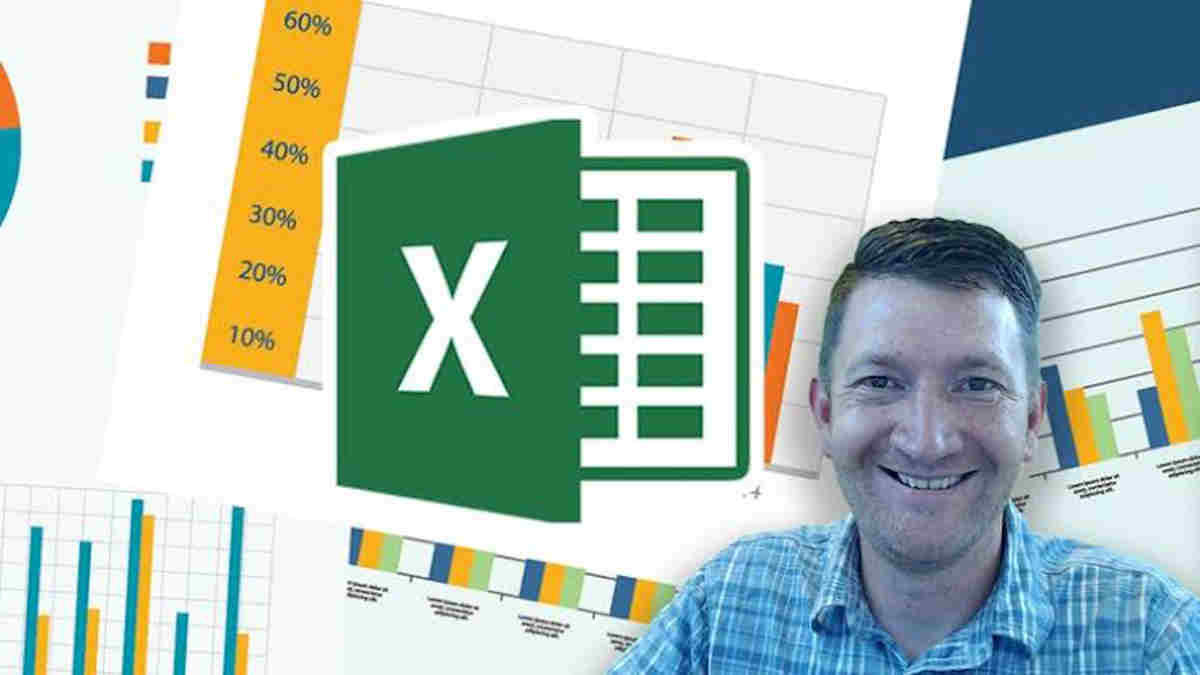Online Course. This Specialization is intended for a learner with no previous coding experience seeking to develop SQL query fluency.
What You Will Learn?
-
Use SQL commands to filter, sort, & summarize data; manipulate strings, dates, & numerical data from different sources for analysis.
-
Assess and create datasets to solve your business questions and problems using SQL.
-
Use the collaborative Databricks workspace and create an end-to-end pipeline that reads data, transforms it, and saves the result.
- Develop a project proposal & select your data, perform statistical analysis & develop metrics, and present your findings & make recommendations.
Skills You Will Gain
About this Specialization
This Specialization is intended for a learner with no previous coding experience seeking to develop SQL query fluency. Through four progressively more difficult SQL projects with data science applications, you will cover topics such as SQL basics, data wrangling, SQL analysis, AB testing, distributed computing using Apache Spark, and more. These topics will prepare you to apply SQL creatively to analyze and explore data; demonstrate efficiency in writing queries; create data analysis datasets; conduct feature engineering, use SQL with other data analysis and machine learning toolsets; and use SQL with unstructured data sets.
There are 4 Courses in this Specialization
See more Data Analysis Courses here

